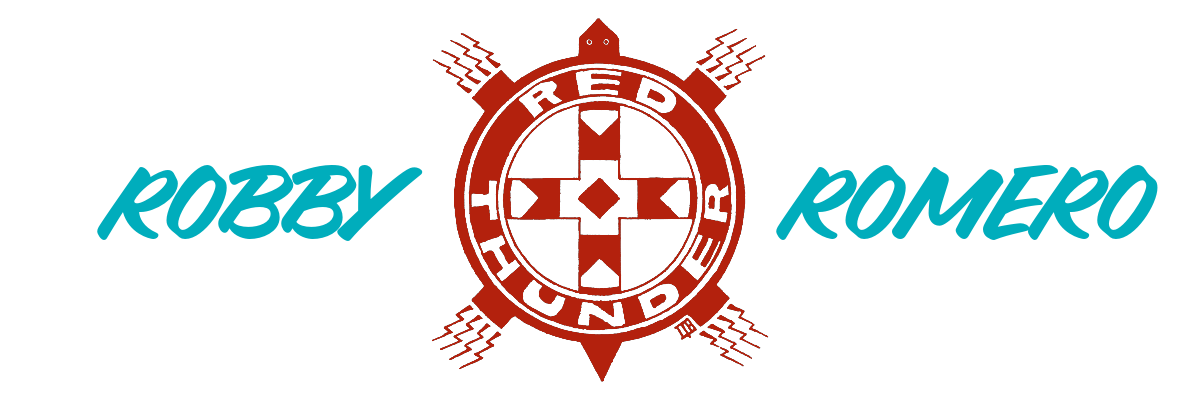July 11, 2024 | Robby Romero
Hello good morning; it's suddenly dawning that a friend has walked on. Kinky Friedman was 79, doing time like a true warrior poet on what may be some of his best songwriting for an upcoming new recording. Kinky said about that,
"It has fewer chords than anybody since Hank Williams."
Kinky's influence was profound. The 60s had ushered in a new epoch of pop art and summer snow. Medicine flowers were criminalized, while silver bullets and golden grenades armed the time.
Kinky was a different kind of troubadour than the others who were showing up on leave from Bob Dylan's "Rolling Thunder Review." He introduced himself to me as "The Kinkster." His controversial songs and band name, "Kinky Friedman and the Texas Jew Boys," were unlike anything else. He became an enduring companion in my personal journey.
At the time, I was living with "The Hollywood Hellraiser," Dennis Hopper, hailed as, "An icon of New Hollywood" by Rolling Stone Magazine. We were held up at the Tony House at the base of the Sacred Mountain in the land of the Red Willow People.
Surrounded by sagebrush and holy water amidst ancient spirits and the moradas of New Mexico's Penitente Brotherhood, I heard songs like, "Sold American," "They Ain't Making Jews Like Jesus Anymore," and "Ride 'Em Jewboy," a tribute to victims of the Holocaust. Dennis referred to Kinky as "The Lenny Bruce of music."
In one of my favorite Kristofferson songs, Kris writes about Dennis and the many wandering minstrels, beatniks, and poets who graced the Tony House: "He's a walking contradiction, partly truth and partly fiction, taking every wrong direction on his lonely way back home." One thing is certain: whether it's “Hollywood’s Bad Boy,” "The Anonymous Hipster," or "The Poet Of Motel 6," “The Kinkster” will always be a unique and intriguing figure in the world of music and literature, in this life and the next.
Journey in Peace & Power Kola!

